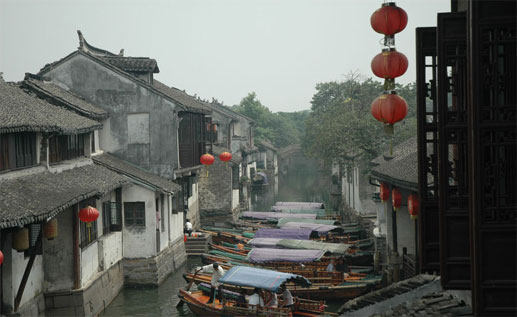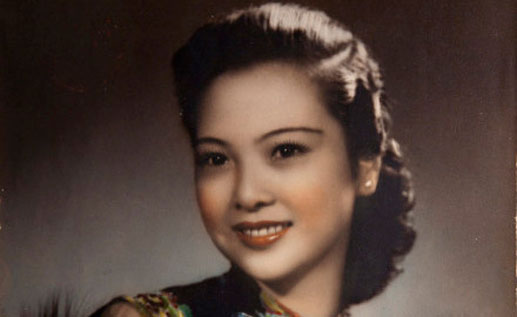In order to distract any potential international audience, cover up its act of aggression, and keep northeast China permanently under its control, Japan decided to form the puppet state of Manchukuo four days after the September 18th Incident in 1931.
In order to do this quickly, the Kwantung Army created "independent" provincial and regional puppet regimes in Liaoning, Jilin, Heilongjiang, and the Dongsheng Special Region headed by Zang Shiyi, Xiqia, Zhang Jinghui, and others, thus laying the foundation for the puppet state of Manchukuo. At the same time, the Kwantung Army saw an opportunity to take advantage of abdicated Qing emperor Aisin-Gioro Puyi's (who was living in seclusion in Tianjin) desire to restore the monarchy. Kenji Doihara, head of the Kwantung Army's Shenyang Special Service Agency, was sent to Tianjin to deceive Puyi and coax him into travelling to the Northeast to once again ascend the throne. Influenced by the Japanese, Puyi secretly arrived in Lüshun on November 18, 1931.
Having made these moves, Japan believed that conditions were ripe for establishing the puppet state of Manchukuo and that the state should be founded before the League of Nation's inquiry commission arrived so as to pull the wool over the world's eyes. On January 6, 1932, Japan's Ministry of War, Ministry of the Navy and Ministry of Foreign Affairs jointly formulated the Program for Handling the China Issue. According to the program, "Manchuria and Mongolia should be seceded from China to become an area with an independent regime, and should gradually develop into a country… The defense of Manchuria and Mongolia should mainly be the concern of the Empire of Japan, and they should be made the frontline of war against Russia and China." On February 25, with the approval of the Japanese cabinet and High Command, it was determined that the head of the puppet state of Manchukuo was given the title of chief executive, that the era name was to be Datong, that the capital of the "state" was to be Changchun, which was renamed Hsinking, and that its territory would include Liaoning, Jilin, Heilongjiang, and Rehe provinces, and Hulun Buir, Jirim, Joo Oda, and Jostu leagues. On February 29, the Japanese decided that Puyi was to be made chief executive. The puppet state of Manchukuo was officially founded on March 1, and eight days later, Puyi was inaugurated as chief executive.














